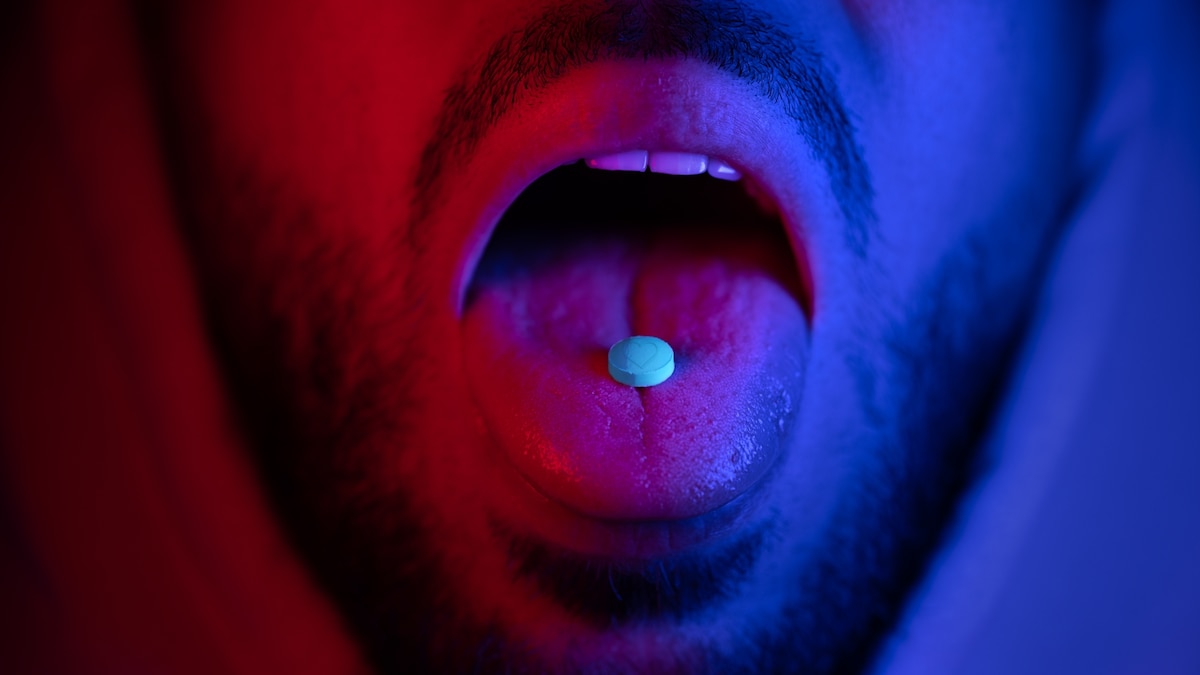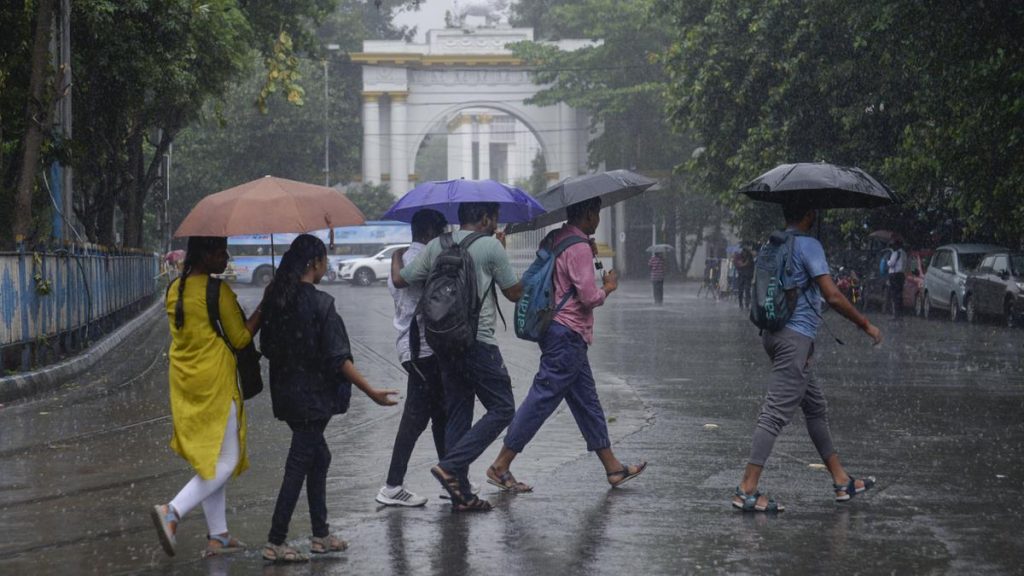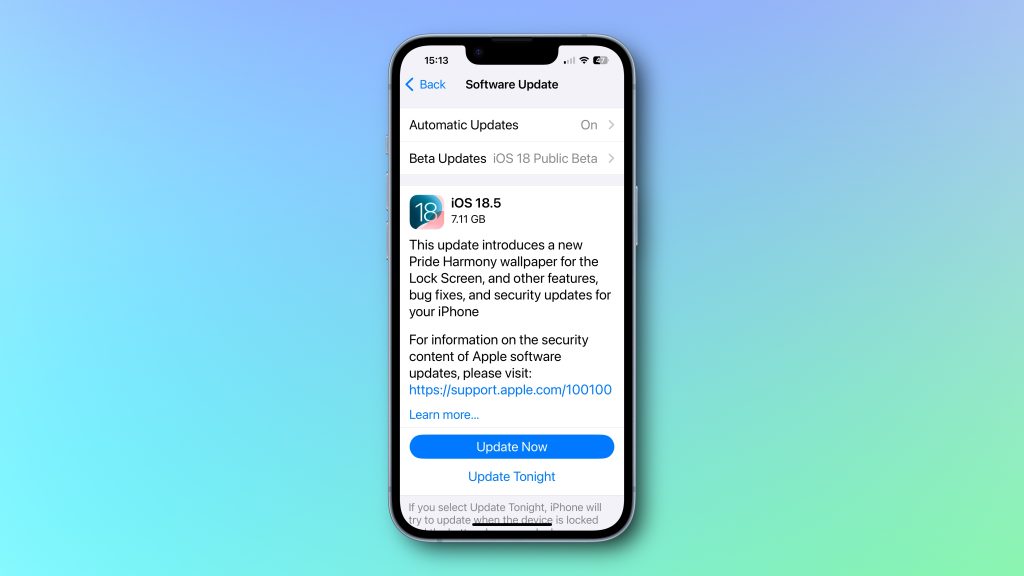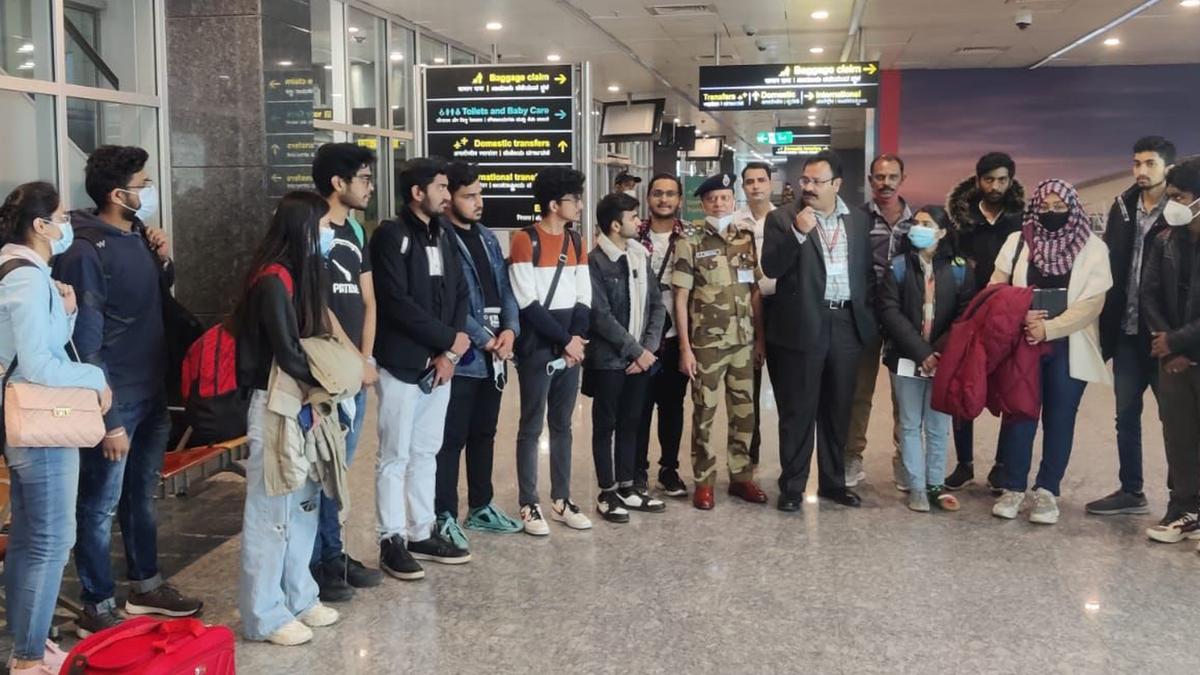Now Reading: Can Psychedelics Fulfill Their Promised Potential?
-
01
Can Psychedelics Fulfill Their Promised Potential?
Can Psychedelics Fulfill Their Promised Potential?

Speedy Summary
- psychedelic Medicines & Research Findings: Psychedelics like MDMA, psilocybin, and LSD are being studied for various mental health conditions such as depression and post-traumatic stress disorder (PTSD), as well as physical ailments like chronic pain. Early results suggest these drugs could be effective alternatives too conventional treatments.
- Legal Developments in the U.S.: Oregon,Colorado,and New Mexico now permit legal governance of psychedelics due to promising research findings. illegal usage has also risen significantly; for instance, psilocybin use among people over 30 increased by nearly 200% between 2019-2023.
- FDA Approval Debate: FDA’s rejection of MDMA as a treatment for PTSD highlights ongoing concerns about small sample sizes in trials and unresolved safety or efficacy issues.
- Challenges in Research Standards:
– Small trial sizes create statistical shortcomings: landmark studies reported positive effects with only 27-104 participants compared to thousands seen with other drug approvals.
– “Double-blind” trials are nearly ineffective as psychedelic effects are unmistakable even when participants should remain unaware if they received the actual drug or placebo.
– Potential risk of addiction remains understudied; critics emphasize that euphoria linked with some substances increases the danger of abuse.
Indian Opinion Analysis
The burgeoning field of psychedelic medicine presents intriguing possibilities but still grapples with essential scientific challenges that demand rigorous scrutiny before widespread adoption. For India, where mental health remains an inadequately addressed issue amid limited access to advanced treatments, psychedelics might offer innovative pathways once global safety benchmarks are established. However, India’s conservative approach towards substance regulation coupled with cultural hesitations regarding mind-altering drugs might delay local acceptance.
Additionally, psychedelics highlight broader implications surrounding trial designs-the current reliance on small participant pools calls into question long-term applicability across diverse populations such as India’s multilayered demographic landscape. Should researchers address credibility concerns effectively through larger clinical trials and more transparent methodologies as suggested internationally, india may consider exploring partnerships or collaborations for safe innovation while navigating domestic regulatory barriers cautiously.



























